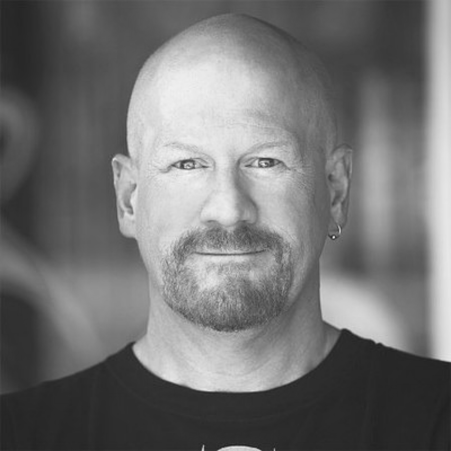Soft skills aren’t just touchy-feely things that consultants drone on about. They’re essential to success in your current role and career. Using soft skills also doesn’t mean you’ll get everyone to like you. Being liked and being effective isn’t the same thing, although they often intersect.
Here are the soft skills you’ll need to standout:
Question Authority
According to Paul Young, Pragmatic Marketing Vice President of Product, to be an effective product manager, you must be willing to ask tough questions of those in authority and be tactful when you do it. The intent isn’t to be obstinate or difficult but to genuinely express curiosity about things you don’t understand. And although business and professional cultures vary by geography and business model, there are right and wrong ways to question people in authority.
- Wrong: If you use words like “This is all wrong” or “This is dumb,” prepare yourself to do damage control and clean up afterward. These words personalize disagreement, make the receiver defensive and lower the possibility of moving forward in a productive way.
- Right: Express interest in a non-threatening, curious way using words like “Can you help me understand why …?” and “How does this relate to …?” Listen. Maybe they have access to information you weren’t privy to, or perhaps your point of view was wrong. Remain open to new possibilities whenever you question someone.

Paul Young, Pragmatic Marketing VP of Product, breaks down all the soft skills every product manager needs to master for success.
Read the full article here
Adapt and Grow
According to David Grayson, LiveCareer Vice President of Product, getting promoted to a manager role involves using a new set of practices (layered on top of existing skills). The same applies to other role changes. As you gain more responsibility, you may begin to participate in business and strategic planning. This may entail working with a finance team on developing business cases or managing a profit and loss.
From the career perspective, it’s helpful to keep in mind that this evolution is not unidirectional. Over the course of a career, a product manager may join companies at different growth stages or own different types of products. Being flexible and willing to adapt will ensure that you make a valuable contribution to any organization and is the path to success.

LiveCareer VP of Product, David Grayson, reviews the skills and competencies that every product manager needs in order to be successful.
Read the full article here
Customer Empathy
According to Christophe Gillet, Skillshare Chief Product Officer, PM’s always need to have customer empathy at the forefront of their daily routine. For example, the ability to exercise “micro-empathy” through user interviews will enable you to connect on a human level with your customers. Furthermore, you gain additional insights through “macro-empathy” by looking at metrics to make informed decisions. Simply, your soft skills should enable you to connect with customers and work well with others.

Skillshare CPO, Christopher Gillet, explains the T-shaped skill model and how product managers can implement them within their teams.
Read the full article here
Focus and Persevere
According to Johnathan Lucky, Perform Group Product Leader, your job is to stay focused on the customer and the market. Perseverance is key. As you work toward meeting user goals, never lose sight of the market problem—even if your company does. Yes, this is hard. There are plenty of distractions that attempt to pull you away from the needs of your users.
In Jonathan’s previous role, his support process and system for managing inbound requests required users to do all the legwork before they interacted with his team. Naturally, they hated it. These users needed their help, and we placed too many barriers in front of them.
Everyone internally loved the status quo, but it didn’t work for the market. It took years to change, but eventually, Jonathan won over the support director as his ally. Through facts, data and an exhaustive list of customer feedback, he finally streamlined the support process and solved the users’ problem.

Johnathan Lucky, Perform Group Product Leader, discusses empathy and why he wanted to immerse himself in the user experience and help improve the product.
Read the full article here
Always Be Curious
According to Rick Eames, Expedia Group Senior Director of Product, Einstein said, “I have no special talent. I am only passionately curious.” A good product manager wants to find out why, and you’re always learning. I believe generalists, not specialists, are the real problem solvers. Generalists make connections between different realms and see things in different ways. The super expert has limited longevity. Let’s say you’re the best Oracle person in the world, and we take Oracle away. What do you do? Make sure you take the time to learn other things.

Rick Eames, Expedia Group Senior Director of Product, explains why curiosity and a drive for continous learning is imperative to being a great product manager.
Read the full article here